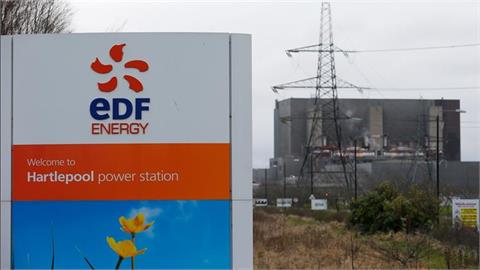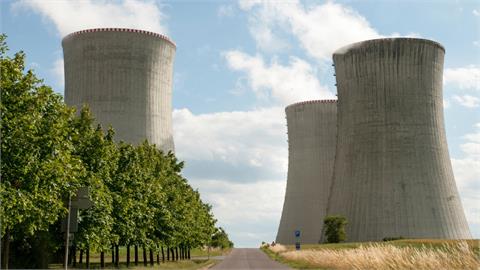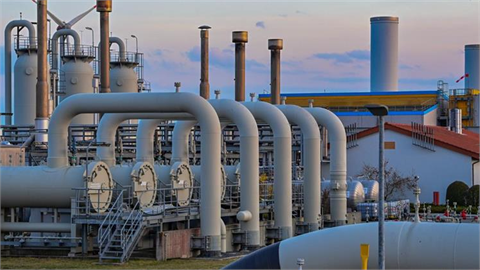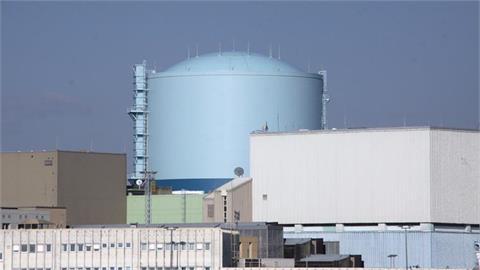Germany bracing for natural gas supply crunch, but strain is already showing for some companies forced to replace Russian gas on the spot market without passing on costs.
Germany has ratcheted up warnings about possible Russian moves to reduce or even block natural gas deliveries to Europe as one of the country’s leading energy groups sought government help to cope with the squeeze in supply.
Germany’s Economics & Climate Change Minister Robert Habeck warned on Thursday that Russia may be using planned maintenance work on the Nord Stream 1 pipeline as a pretext for halting gas deliveries to Europe.
Flows have already been reduced by about 40% on the pipeline, in what Western analysts tends to see as a retaliatory move by Moscow against European Union sanctions that have included a German move to deny regulatory approvals for the recently-completed Nord Stream 2 pipeline.
The decision to freeze the Nord Stream 2 approvals process was announced almost immediately after Moscow announced the decision to recognise the breakaway pro-Russian regions in eastern Ukraine, as a precursor to invading.
Habeck told a sustainability-themed event organised by Germany’s Sueddeutsche newspaper on Thursday that he believes Nord Stream 1 shipments may be blocked entirely after 11 July, when the pipeline is due for a scheduled maintenance shutdown
Russian gas giant Gazprom, which holds the majority shareholding in Nord Stream 1, has so far claimed that the shortfall in deliveries is the result of Western sanctions and associated supply chain and maintenance problems.
“Given the pattern that we have seen, it wouldn’t be so surprising if some little technical detail is found and then they say, ‘We can’t switch it on again. Now we found something during maintenance, and that’s it,’” Habeck was reported as saying by Germany's dpa news agency.
Uniper seeks help
Concerns about looming shortages in natural gas supplies grew as Germany energy giant Uniper admitted that it was in talks about a possible government bailout.
Last week, Uniper withdrew its outlook for the financial year of 2022, alerting the market that expectations for earnings are now significantly lower than for previous years.
Uniper stated: “The background to this is the impact of the current gas supply restrictions by Gazprom. Since 16 June 2022, Uniper has received only 40% of the contractually committed gas volumes from Gazprom.”
While Uniper has been managing its portfolio to secure supply for its customers, the company admitted that substitution volumes, particularly those on the spot market, are being acquired for significantly higher prices.
The company is not yet able to pass on these additional costs to customers but is expecting support, given that Germany triggered stage two of its emergency gas plan last week.
“Uniper assumes that if the Federal Network Agency (Bundesnetzagentur) determines and announces the gas shortage situation, the current charges can partially be passed on. Likewise, this would be a necessary and essential prerequisite for being able to issue a new earnings outlook with sufficient certainty,” the company stated.
In its statement, the company referred to major uncertainties about the geopolitical situation, as well as the duration and scope of Russian gas supply restrictions and, ultimately, energy prices.
Talks with the German government are already in motion, the company confirmed.
“Uniper is examining how the liquidity of the company can be further secured. Among other things, Uniper entered into discussions with the German government on possible stabilisation measures for which a number of instruments could be considered, such as guarantees and collateral, increasing the current not yet drawn (€2 billion KfW bank) credit facility, and equity investments.”
We know
German Chancellor Olaf Scholz, speaking during a NATO summit in Spain, said in reference to Uniper that the government knew what to do when it came to helping companies facing external shocks, Reuters reported.
Germany, which was obtaining more than 40% of its natural gas from Russia before Moscow invaded Ukraine, has been striving to fill gas storage to at least 80% of capacity ahead of the European winter, but the squeeze on supply through Nord Stream 2 at just over 60%.
Germany is fast-tracking new regasification terminals to receive liquified natural gas cargoes from reliable suppliers in the US, the Middle East and Africa, but this infrastructure will take two to three years to put in place.
As with other nations in Europe, Germany is wary about the effect of high energy prices on political and social stability, as well as on the financial health of energy and industrial sector companies caught short of supply.
(upstreamonline.com, 1 July, 2022)



